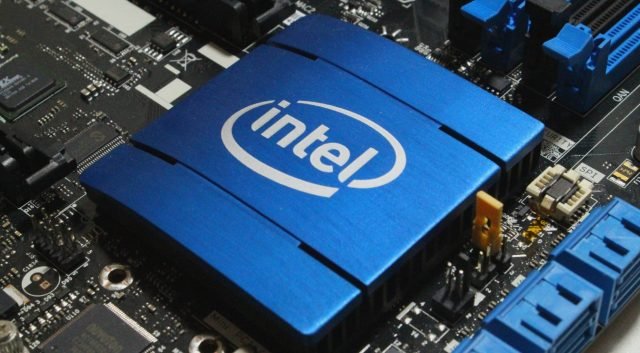Intel has exited from the 5G smartphone modem business, while assessing opportunities for 4G and 5G modems in PCs, internet of things (IoT) devices and other data-centric devices.

The development will keep Qualcomm as the leader in the 5G smartphone modem business. Qualcomm is already working with several 5G smartphone makers such as Samsung, Oppo, LG, among others.
Intel is existing from the 5G smartphone business at a time when several countries including South Korea, the US, Japan are in the process of 5G network tapping the next billion customers.
Apple relies on Intel for its smartphones. Since Intel is exiting from 5G modem business, Apple will be forced to source 5G modems from others. Apple at present is not planning to launch a 5G iPhone this year.
Intel CEO Bob Swan said: “There is no clear path to profitability and positive returns in the smartphone modem business.”
Intel will also continue to invest in its 5G network infrastructure business.
The company will continue to meet customer commitments for its existing 4G smartphone modem product line, but does not expect to launch 5G modem products in the smartphone space, including those originally planned for launches in 2020.
“5G continues to be a strategic priority across Intel, and our team has developed a valuable portfolio of wireless products and intellectual property,” Bob Swan said.
Intel expects to provide details in its upcoming first-quarter 2019 earnings release and conference call, scheduled for April 25.
211 mobile operators are investing in various 5G programs in 87 countries for the purpose of commercially launching 5G service.
IHS Markit forecasts that global 5G smartphone shipments will be reaching over 525 million devices in 2023 from 120 million devices in 2020 and 37 million in 2019.
TrendForce says the global production of 5G smartphones would be touching 5 million units this year, achieving a penetration rate of 0.4 percent. Telecom operators will be completing the 5G infrastructure in 2022 and beyond.
The manufacturing costs of flagship 5G smartphones would increase by 20-30 percent. The research and development (R&D) expenses of 5G smartphones remain high, high power consumption may also influence the standby time of phones, and there are also problems related to pricing strategies, etc.
Baburajan K
